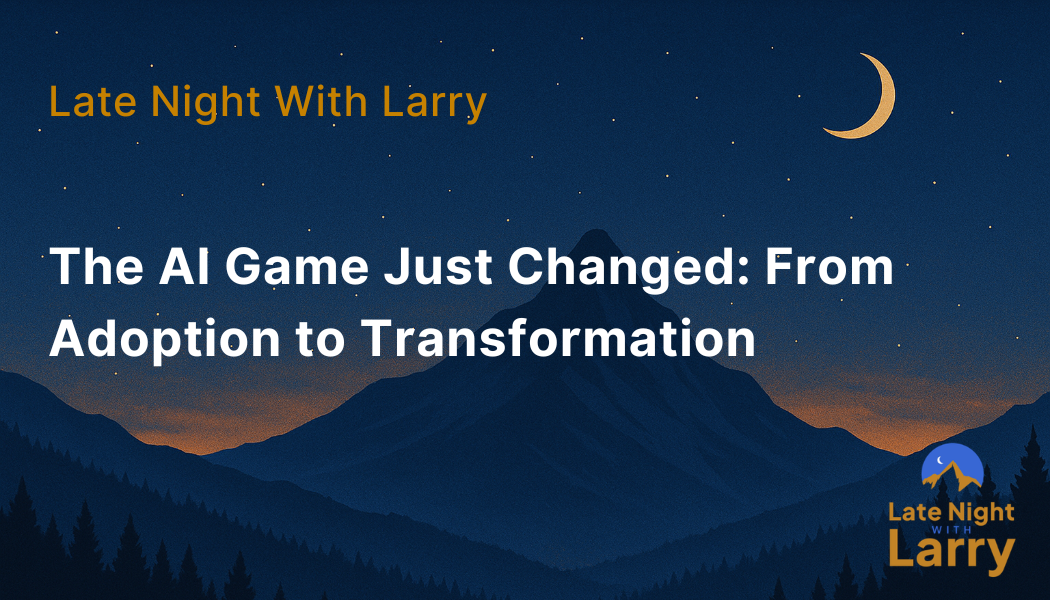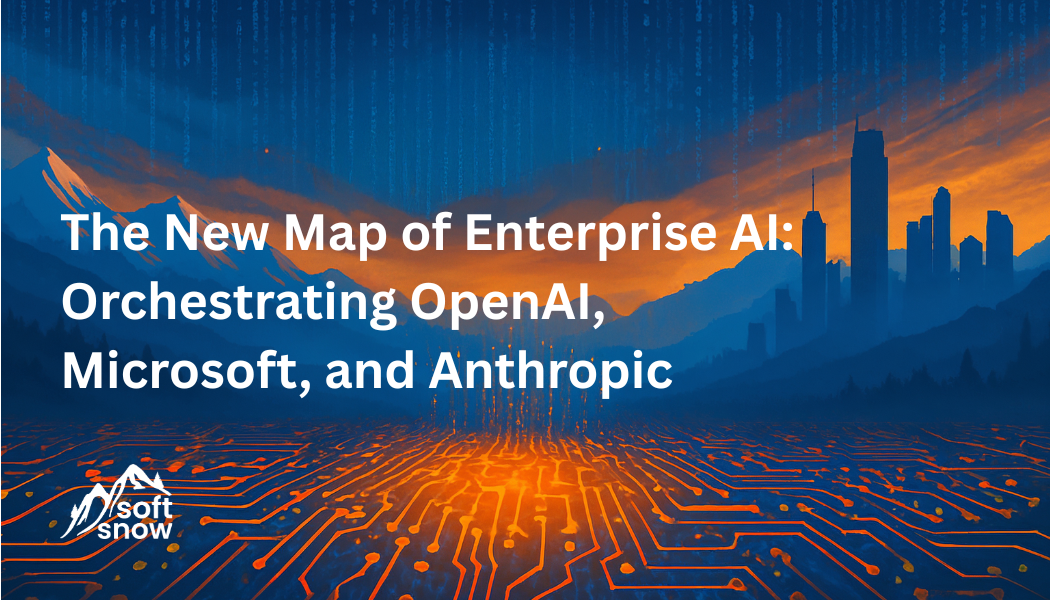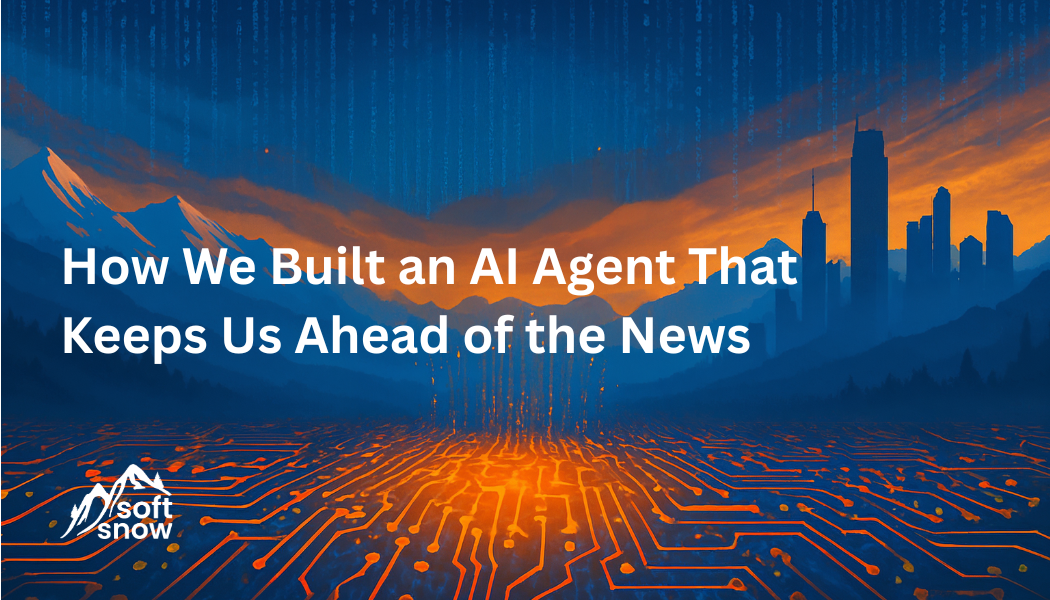.png)
This week’s developments focus on making sophisticated AI capabilities more accessible, efficient, and immediately valuable for users across the spectrum.
________________________
Meta Expands AI-Generated Ad Tools for Marketers
Meta Platforms is advancing its AI advertising capabilities with an updated image-to-video tool that transforms product images into multi-scene video ads complete with music and text overlays. This innovation allows marketers to upload up to 20 images to create professional-quality video content, making ad creation more accessible and cost-effective for businesses of all sizes.
This development aligns with CEO Mark Zuckerberg's strategic focus on artificial intelligence, which includes a recent $14.3 billion investment in Scale AI and efforts to build a "superintelligence" team. By integrating AI throughout its advertising ecosystem—which generates approximately 98% of Meta's annual revenue—the company aims to help small businesses create marketing materials more efficiently so they can allocate more resources toward ad placement on Facebook and Instagram.
Meta's generative AI advertising toolkit now includes text-to-image creation, AI-generated GIFs, and the upcoming Movie Gen text-to-video tool. These additions demonstrate Meta's commitment to maintaining a competitive advantage in the AI space against rivals like OpenAI, Google, Microsoft, and TikTok.
________________________
Google Launches Gemini 2.5 AI Models to Challenge OpenAI
Google has officially moved its Gemini 2.5 Pro and Flash models from preview to general availability, signaling their readiness for enterprise-critical applications. The company also introduced Gemini 2.5 Flash-Lite, a cost-effective option for high-volume tasks. This strategic release represents Google's most direct challenge to OpenAI's market dominance, offering businesses AI solutions that span from premium capabilities to budget-conscious automation.
What sets Google's approach apart is its emphasis on "reasoning" capabilities that allow models to process problems methodically before responding. This "thinking budget" gives developers precise control over AI behavior, where models can spend more computational resources on complex problems or respond quickly to simple queries. Gemini 2.5 Pro can process up to one million tokens (approximately 750,000 words), enabling comprehensive analysis of entire codebases or lengthy documents in a single session.
Google's three-tier model lineup represents a sophisticated market strategy that targets different enterprise segments based on performance needs and budget constraints. Major companies including Snap, SmartBear, and Connective Health are already using these models in production environments, validating their reliability even in regulated industries. With simplified pricing that eliminates the previous confusion between "thinking" and "non-thinking" costs, Google is positioning itself as a stable, enterprise-focused alternative in the AI marketplace.
________________________
LinkedIn Transforms Job Search with AI-Powered Natural Language Capabilities
LinkedIn just launched an AI-powered job search feature for all US users that addresses past limitations of traditional keyword-based searches. The new system allows users to describe their career goals in natural language, delivering more precisely aligned and relevant search results by understanding context rather than just matching keywords.
To build this capability, LinkedIn overhauled its search architecture by implementing distilled, fine-tuned language models trained on their professional knowledge base. The company tackled three key challenges: understanding complex queries, retrieving relevant information from their job library, and ranking results effectively. By using advanced distillation methods, LinkedIn reduced computational costs while maintaining performance, consolidating what was once a nine-stage process into a more streamlined system.
This development aligns with broader industry trends toward AI-enhanced enterprise search tools, with Google predicting 2025 as a breakthrough year for such technologies. Having recently launched an assistant to help recruiters identify optimal candidates, LinkedIn views the platform’s new natural language search as “the first step in a larger journey to make job-seeking more intuitive, inclusive, and empowering for everyone," according to Berger.
________________________
These rapid developments across industries demonstrate both the urgency and opportunity of this moment. The good news? Meaningful AI implementation doesn't require enterprise-scale resources or massive infrastructure investments.
The most successful AI transformations aren't about chasing every new capability; they're about identifying where technology can solve real business problems and empower your existing teams. Whether you're building infrastructure, creating new user experiences, or seeking competitive advantages, the key is approaching AI with purpose and practicality.
At SoftSnow, we understand that successful AI adoption isn't just about acquiring technology: it's about thoughtful integration that enhances human potential rather than replacing it, allowing teams to work smarter and achieve more while staying true to core business objectives.





